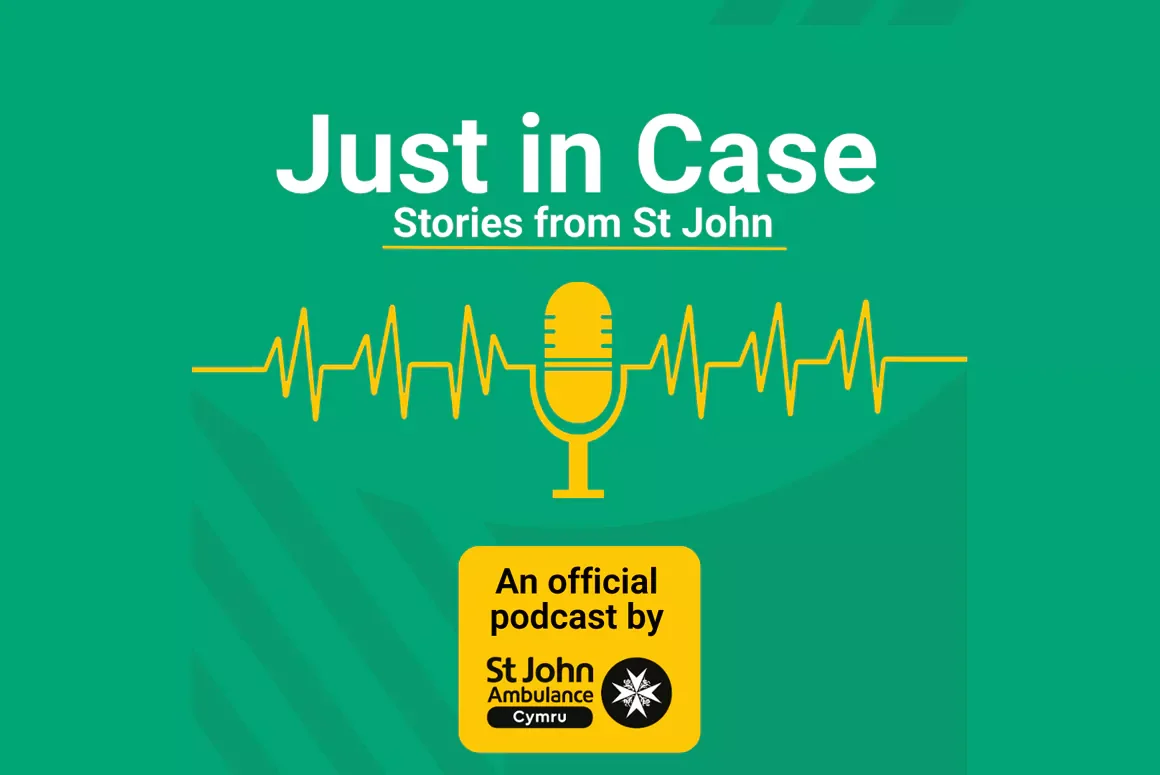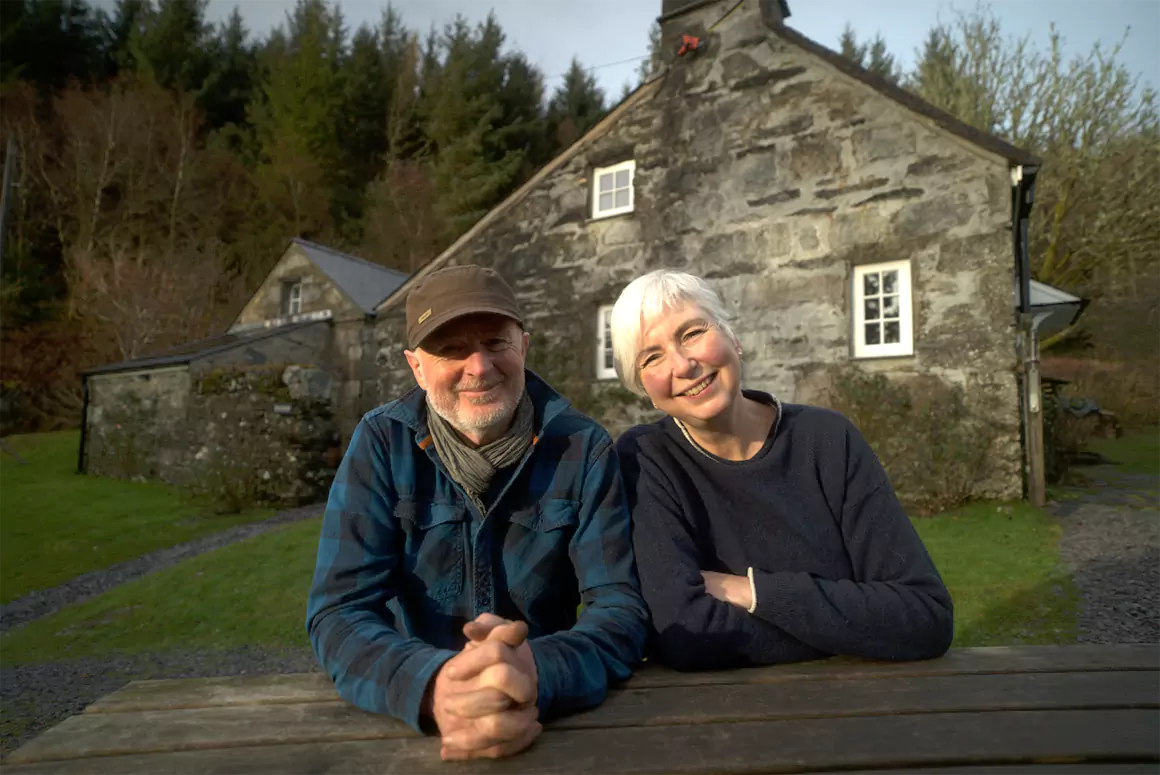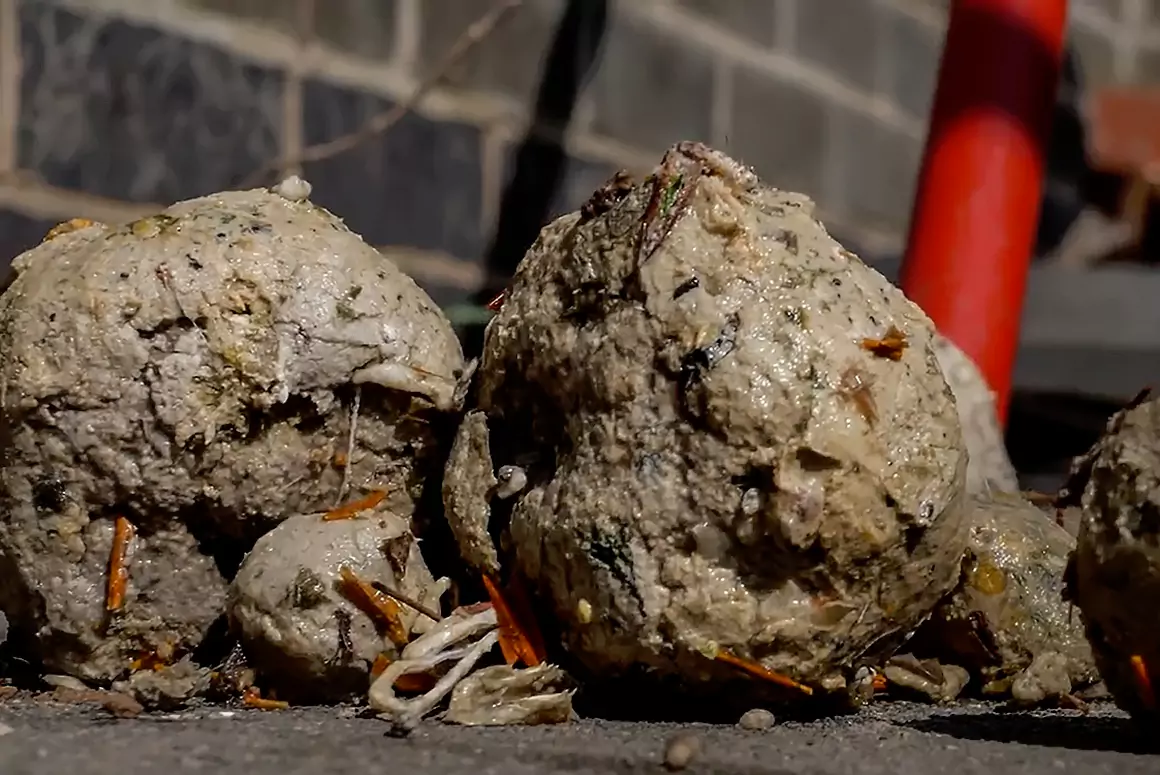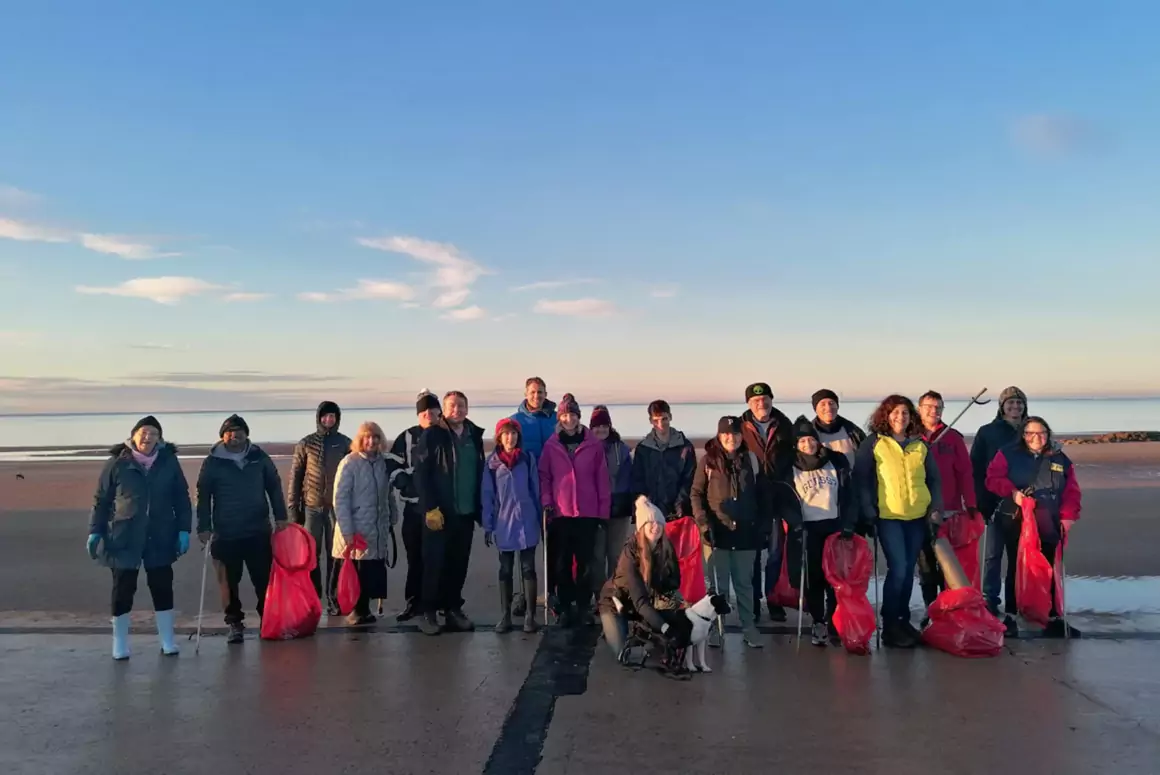‘Mental health first aid is as important as physical first aid,’ says St John Ambulance Cymru CEO Richard Lee as he outlines plan for ‘next 150 years’
St John Ambulance Cymru’s Chief Executive has highlighted the importance of equipping first aiders with the skills to help people experiencing mental health issues as well as physical injuries, as he outlines how the charity’s new strategy is making it fit for the future.
Richard Lee, who joined St John Ambulance Cymru in May 2024, bringing with him decades of service in healthcare, the armed forces, and the charity sector, made the comments as part of a wide-ranging interview on the latest episode of the Just in Case: Stories from St John podcast.
Richard said he is determined to ensure first aid reflects today’s realities.
“Much of the syllabus is still rooted in 1970s Britain, with heavy industry, car factories and coal mines,” he explained. “But workplace incidents look different now. We need to equip people to respond not just to physical injuries, but also to mental health crises.”
That shift is already influencing event medicine.
“At large concerts or festivals, we’re seeing more people who are simply overwhelmed,” he said.
“Our teams need to be prepared for that just as much as for physical injuries.”
His career has taken him from the battlefields of the Gulf War to the heart of the NHS, and from leading Covid-19 vaccination efforts in England to championing community first aid in Wales.
Richard admits he hadn’t given much thought to St John before joining the organisation in 2018 as Chief Operating Officer for St John Ambulance in England. But it didn’t take long for him to be “bitten by the bug.”
“Something is humbling about a worldwide organisation that’s set up to treat the sick and the poor, and in the UK context, a volunteer-led organisation made up of thousands of people who choose to spend their spare time looking after others,” he said.
For Richard, the pandemic underscored St John’s unique capabilities.
“In the peak of Covid, we trained 30,000 volunteer vaccinators and were involved in delivering one in four jabs in England,” he added.
“These were volunteers who could have stayed home but instead stepped forward in their tens of thousands to be part of the solution.”
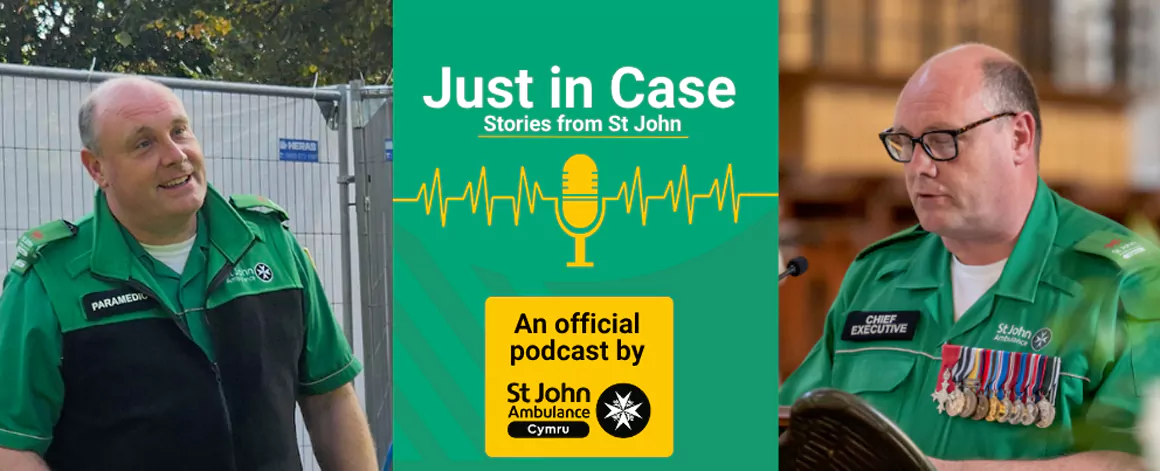
Born in South London, Lee spent his teenage years in North Wales after his family relocated. The move from a large urban school to one with fewer than 100 pupils was a culture shock, but one that nurtured a deep sense of community.
Diverse experiences have shaped his career path: service as a medical assistant in the Royal Air Force during the Gulf War, peacekeeping in Bosnia, and then a steady climb through the NHS ambulance service ranks from emergency medical technician to paramedic and senior leader.
“I’m a firm believer there’s no such thing as a self-made leader,” Richard reflected. “We’re all a product of the people we’ve worked with, and in healthcare, the patients we’ve looked after.”
Richard has no intention of leading from behind a desk. A registered paramedic for 30 years, he continues to volunteer on the frontline.
“One of the chapters in the Richard Lee Book of Leadership is: get out, find out what’s going on, and be part of it,” he remarks. “If I’m at an event, I see firsthand the frustrations and successes. That’s how you understand the organisation.”
His approach appears to break down barriers with staff and volunteers.
“Sometimes people are wary at first, but once you’ve been lumping boxes with them or dealing with a tricky patient, the conversation changes,” he added.
Richard’s early priority as CEO was to steady the ship.
“I’m the fifth chief exec in five years,” he notes. “People needed to know this is a three-to-five-year job for me, not just a stepping stone.”
He spearheaded a consultation involving 500 people across the organisation, gathering thousands of responses to shape a five-year strategy. At its heart are four objectives: improving the experience of staff and volunteers; preparing young people for health careers; expanding community education in lifesaving skills; and ensuring St John is inclusive, sustainable and financially secure.
Richard’s service has been recognised with both the Queen’s Ambulance Medal and an MBE for his work during Covid.
“I’m humbled to be the recipient, but these honours are really for the teams I’ve worked with,” he said. “The MBE was for leading the vaccination programme, but that was 30,000 volunteers and hundreds of staff making it happen.”
To those thinking about volunteering, Richard’s message is clear:
“What’s stopping you? There’s something for everyone, whether it’s responding at events, working in logistics, training others, or leading youth activities.”
As St John Ambulance in England approaches its 150th anniversary in 2027, Richard is focused on ensuring St John Ambulance Cymru is ready for the next 150 years.
“This is a once-in-a-generation opportunity to shape the future,” he said. “Why wouldn’t you want to be part of that?”
To listen to the ‘Just in Case: Stories from St John’ podcast on Apple Podcasts go to: podcasts.apple.com/us/podcast/just-in-case-stories-from-st-john/id1830427277
To listen on Spotify visit: open.spotify.com/show/05SXgJnpuJ2oX176hzSAcq
To find out more about St John Ambulance Cymru, including how to book a place on a Mental Health First Aid course, or sign-up to volunteer with the charity, visit www.sjacymru.org.uk.


